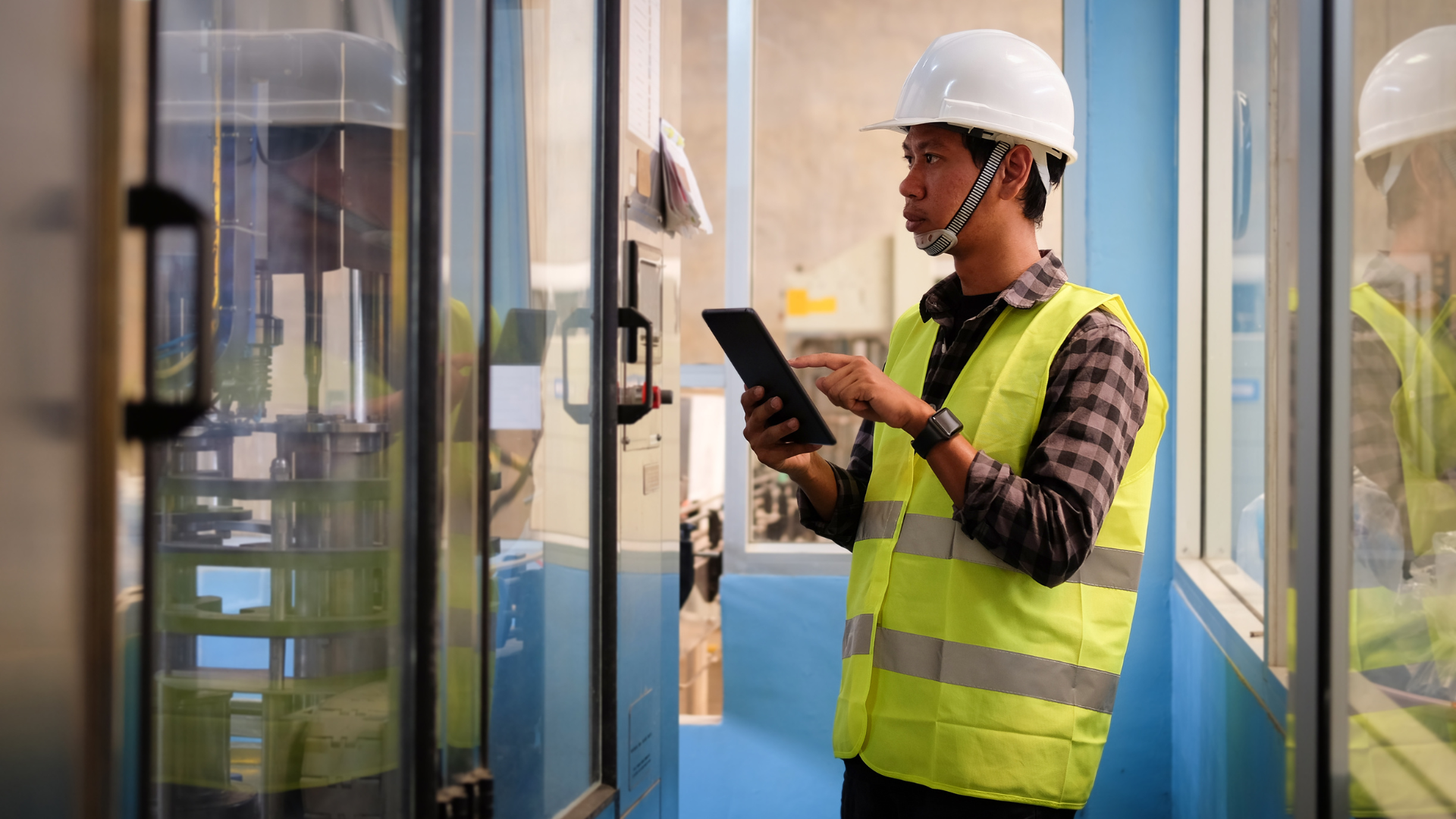CSR and Industry: Aligning Performance with Environmental Responsibility

For years, sustainable development was perceived in the industrial world as a constraint — or a cost. Today, that perception is shifting fast. Not only is corporate social responsibility (CSR) becoming a competitive criterion, it is also emerging as a driver of economic performance. For plant directors and financial leaders, this convergence of sustainability and profitability opens the door to new strategic opportunities.
Modernize Your Approach to Industrial Performance
Evaluate your current systems to identify performance gaps, optimize water usage, and improve the overall efficiency of your facilities.
Rising Pressure on Industrial Companies
Expectations for industrial organizations are multiplying: regulatory compliance, carbon footprint reduction, decreased chemical usage, resource transparency, and safer working environments. One often underestimated — but critical — issue is water management.
In places like Quebec, where water cost isn’t always a direct financial motivator, reducing consumption still becomes essential to any sustainable performance strategy. To address this, many organizations are optimizing their systems through smarter purging, continuous monitoring, and intelligent control. These proactive efforts are increasingly recognized by standards such as LEED, BOMA BEST, WELL, and ISO 14001, which are becoming default requirements in many RFPs.
At the same time, investors, partners, and clients now demand measurable, verifiable proof of environmental commitment. Declarations are no longer enough — only data-backed actions matter.
Companies that adopt this kind of approach quickly see tangible benefits: lower input costs, fewer compliance risks, easier access to ESG funding, and improved overall performance. BioAlert, for instance, enables clients to regain control over their cooling towers — sometimes saving hundreds of thousands of gallons of water.
Double Performance: Sustainable AND Profitable
It's no longer a question of choosing between economic results and environmental responsibility. The two are now inseparable. Companies that embed sustainability into their operational strategy gain real advantages:
- Reduced energy and chemical costs
- Lower regulatory risk exposure
- Improved talent retention, especially among ESG-conscious employees
- Easier access to ESG funding opportunities
- Stronger brand positioning with stakeholders
In industrial settings where every decision must deliver results, this connection between sustainability and profitability changes the game.
Real-World Examples: When CSR Becomes an Operational Strategy
Ivanhoé Cambridge, for example, integrated WELL principles into the water treatment system design of several buildings. The outcome: low-consumption facilities, healthier indoor environments, and rigorous documentation that meets certification and compliance requirements.
Rio Tinto opted for intelligent monitoring of its cooling circuits, reducing resource consumption while improving system stability. Though driven by environmental responsibility, the initiative also delivered internal process optimization.
These two cases reflect a larger trend: CSR is no longer a separate initiative. It’s embedded into operations, KPIs, and decision-making systems.
The Role of Data in a Credible CSR Strategy
For a sustainability commitment to be taken seriously, it must be supported by tangible data. Successful CSR transformations have one thing in common: they measure.
This is where solutions like BioAlert become valuable — not by measuring CSR metrics directly, but by enhancing processes and making key indicators easier to track. Once operations are optimized, it becomes easier to document elements like:
- Water and energy usage
- Waste and loss from purging
- Technical environmental conditions (e.g., temperature, humidity, Legionella presence)
- Trends in regulatory compliance indicators
These data points not only support continuous improvement but also generate reliable reports for audits and sustainability disclosures.
Integrate Sustainability Without Slowing Production
One recurring concern in industry is how to pursue environmental goals without hurting performance. That’s why CSR integration must rely on technologies aligned with real-world operations.
BioAlert’s solutions, for example, are built for seamless implementation without production downtime and deliver a rapid return on investment. They provide real-time visibility into environmental performance — and its economic impact.
Turn CSR into a Competitive Advantage
CSR is no longer just an ethical or regulatory issue — it's a strategic lever. Industrial companies that embrace it now reinforce their credibility, boost efficiency, and position themselves as leaders in a market where ESG criteria are quickly becoming standard.




